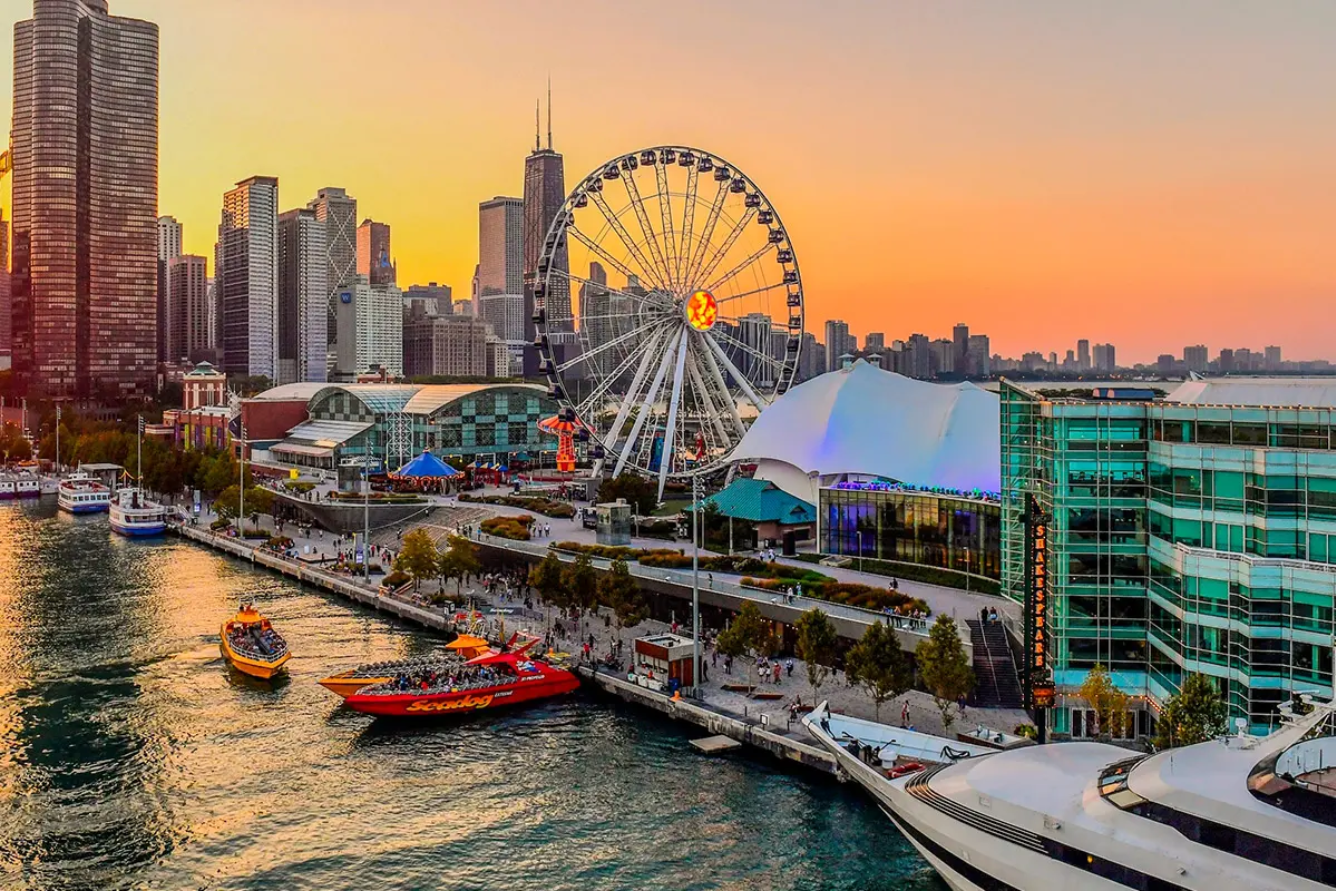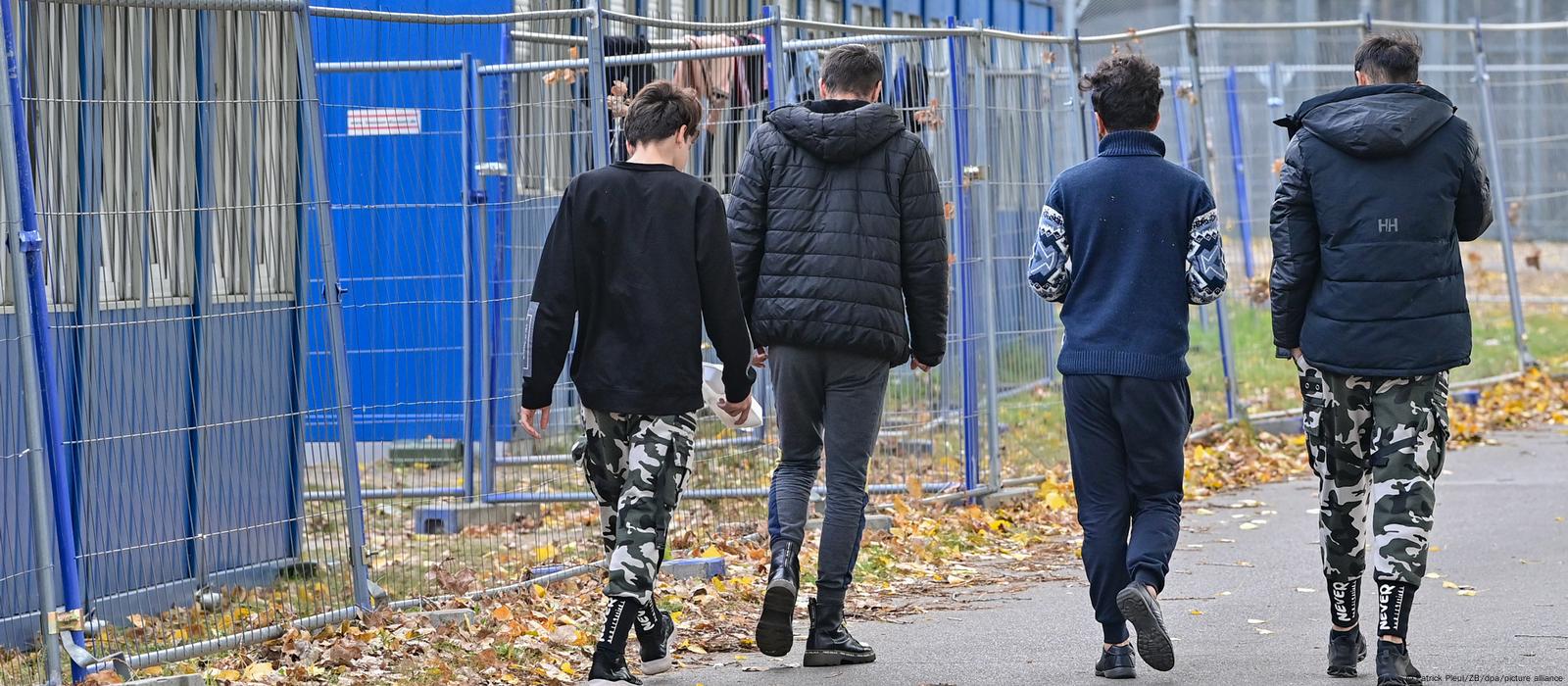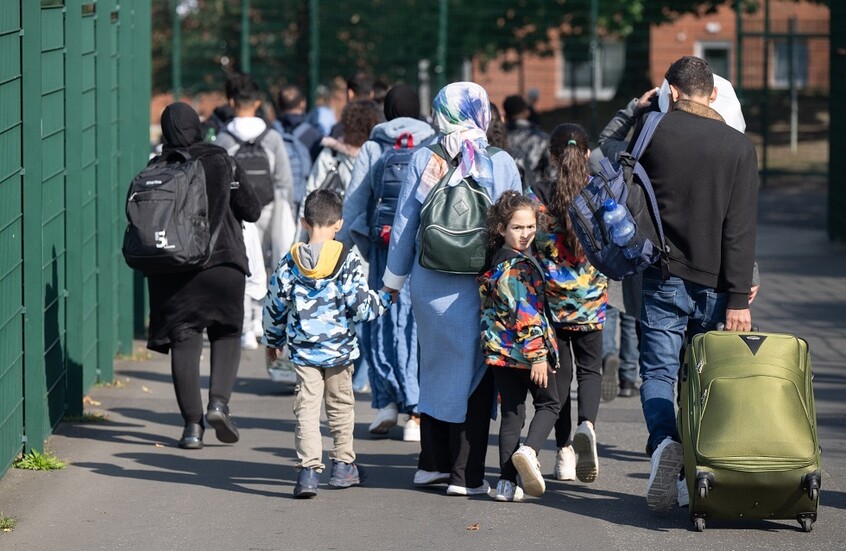
Media outlets have reported that the Syrians who arrived in Cyprus this year constitute about half of the new arrivals to the Mediterranean island, apparently after a rare route to travel to Europe became popular this summer, enabling small boats sailing from Syria to reach Cyprus directly.
On Tuesday, November 14, the local Cypriot newspaper “Vilinos” reported that the latest officially announced figures show that the percentage of Syrians who arrived in Cyprus this year reached 53% of the total percentage of arrivals, compared to 23% last year. This means that one out of every two migrants who arrived in Cyprus “illegally” this year has Syrian nationality, compared to one out of every four last year.
Interior Minister Konstantinos Ioannou said that they cannot return Syrians to their homeland, due to the “explosive situation” prevailing in their country, according to the “InfoMigrants” website.
The Minister warned that this makes the Republic of Cyprus unable to serve people in real need, and that Nicosia has asked the European Commission to re-evaluate the situation regarding security levels in Syria.
He added that if some areas in Syria are considered safe, the way will be opened for the return of illegal immigrants to Syria, which would be a precedent at the level of European countries.
Ioannou also said that Nicosia will ask Brussels for the European border guard agency Frontex to play an active role in border management, in an attempt to reduce the number of illegal arrivals by sea from both Syria and Lebanon.
Syria TV explained that during this summer, a rare route to travel to Europe became popular, when small boats began arriving directly from Syria to Cyprus.
It continued, “This new road that passes from the eastern side of the Mediterranean Sea has never witnessed all this momentum before, as until now the refugees who arrive in Cyprus generally travel from Lebanon or Turkey, but the pushback measures in both countries, and the corruption of the regime’s army in Syria, have led to human smuggling operations to the Syrian coast, that is, to the area between the cities of Latakia and Tartous.”
Early last September, Cyprus witnessed attacks targeting shops run by Arab and foreign communities, during a violent demonstration in which about 300 people participated, carrying the slogan “Refugees are not welcome.”
The Minister of the Interior is scheduled to hold discussions next week in Athens with the Greek Minister of Immigration, to inform him of the practices implemented by the Republic, especially since Cyprus is considered the country in the European Union that applies the most “voluntary return” processes for asylum seekers who arrived there irregularly.
Cyprus seeks to carry out more returns to Lebanon, according to a bilateral agreement that raises criticism from humanitarian organizations, as they consider Lebanon not a safe country for Syrians, not to mention the increase in the number of boats leaving from the Syrian coast.
The Cypriot authorities also installed a double fence surrounding the Pournara migrant reception center, on the outskirts of the capital, Nicosia. The center serves as a primary reception facility for people who enter Cyprus unofficially, and the authorities do not allow these people to leave until after completing registration procedures, which include identifying individuals and submitting an asylum application.





